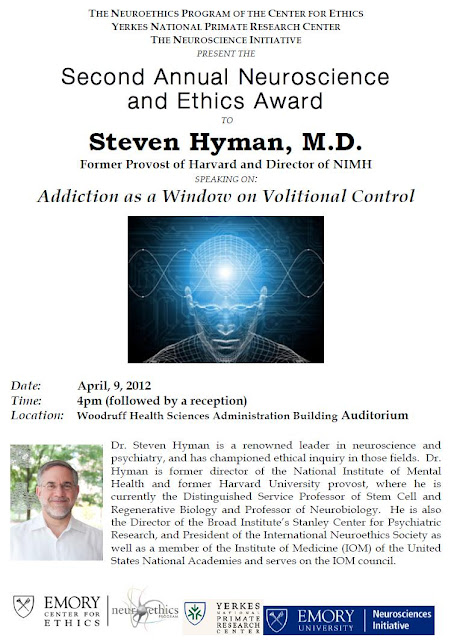Brain-Boosting or Pulp Fiction?

It comes as no surprise that pulling all-nighters comes with the territory of being an undergraduate. It is the price that most of my peers and I have paid at one time or another for trying to get more work completed before a fast-approaching deadline. The sleepless nights ramp up during finals week while the use of caffeine and energy drinks fuels our self-induced, sleep- deprived zombie states. We all do it: study zombies (Credit: zombiesandtoys.blogspot.com) Usually, our energy drinks do not purport to have cognitive-enhancing effects. However the drink Nawgan ...




